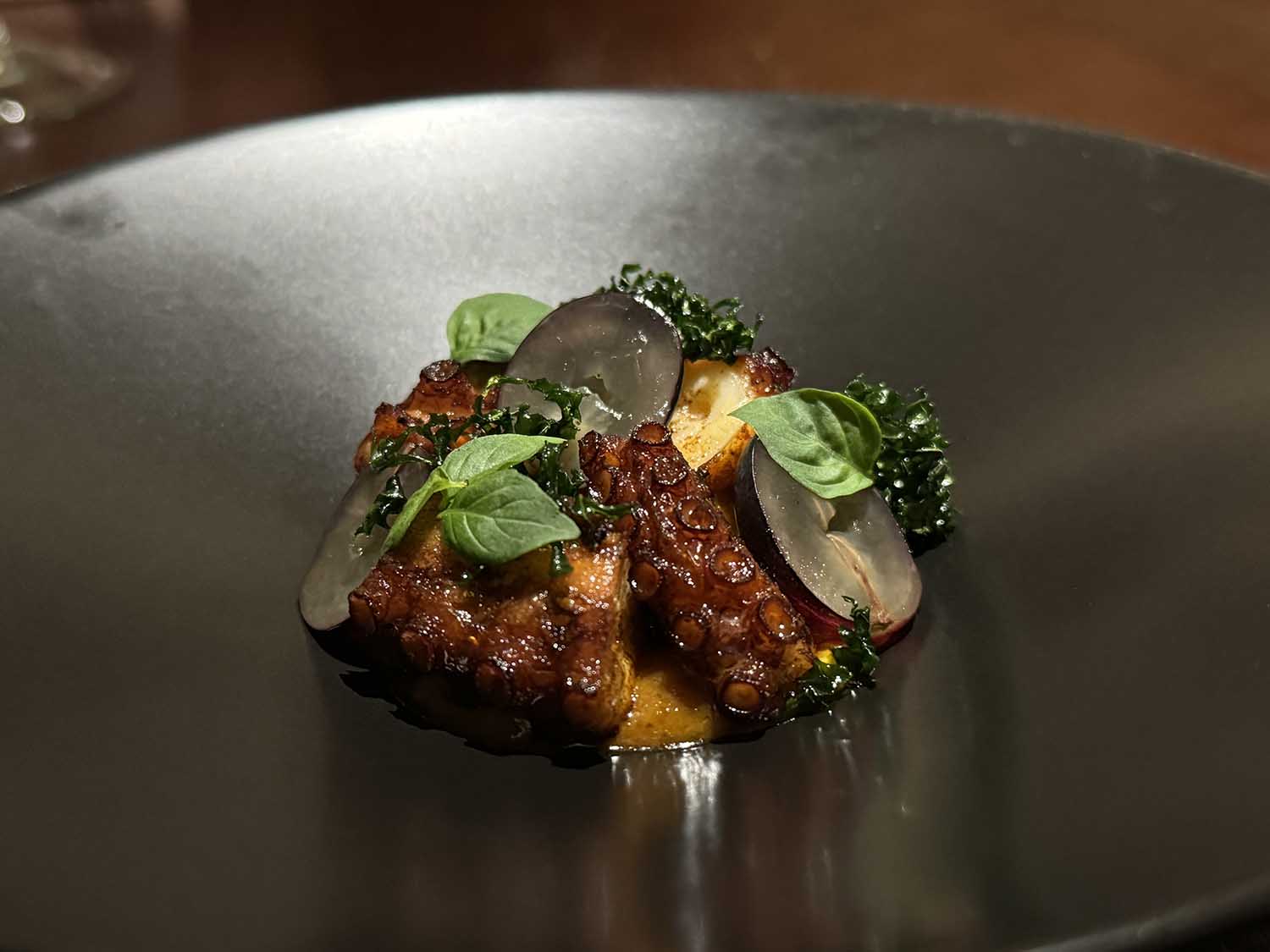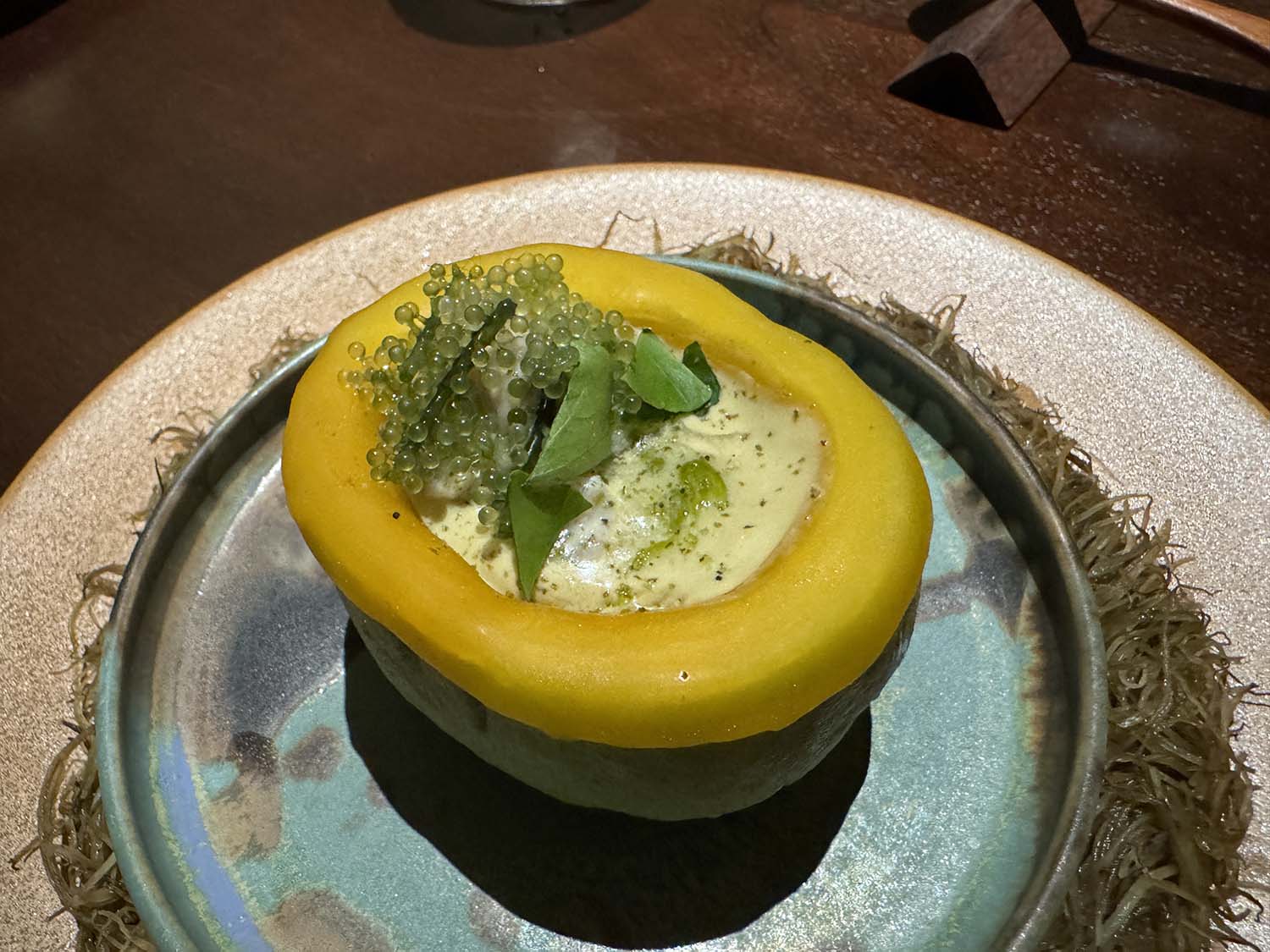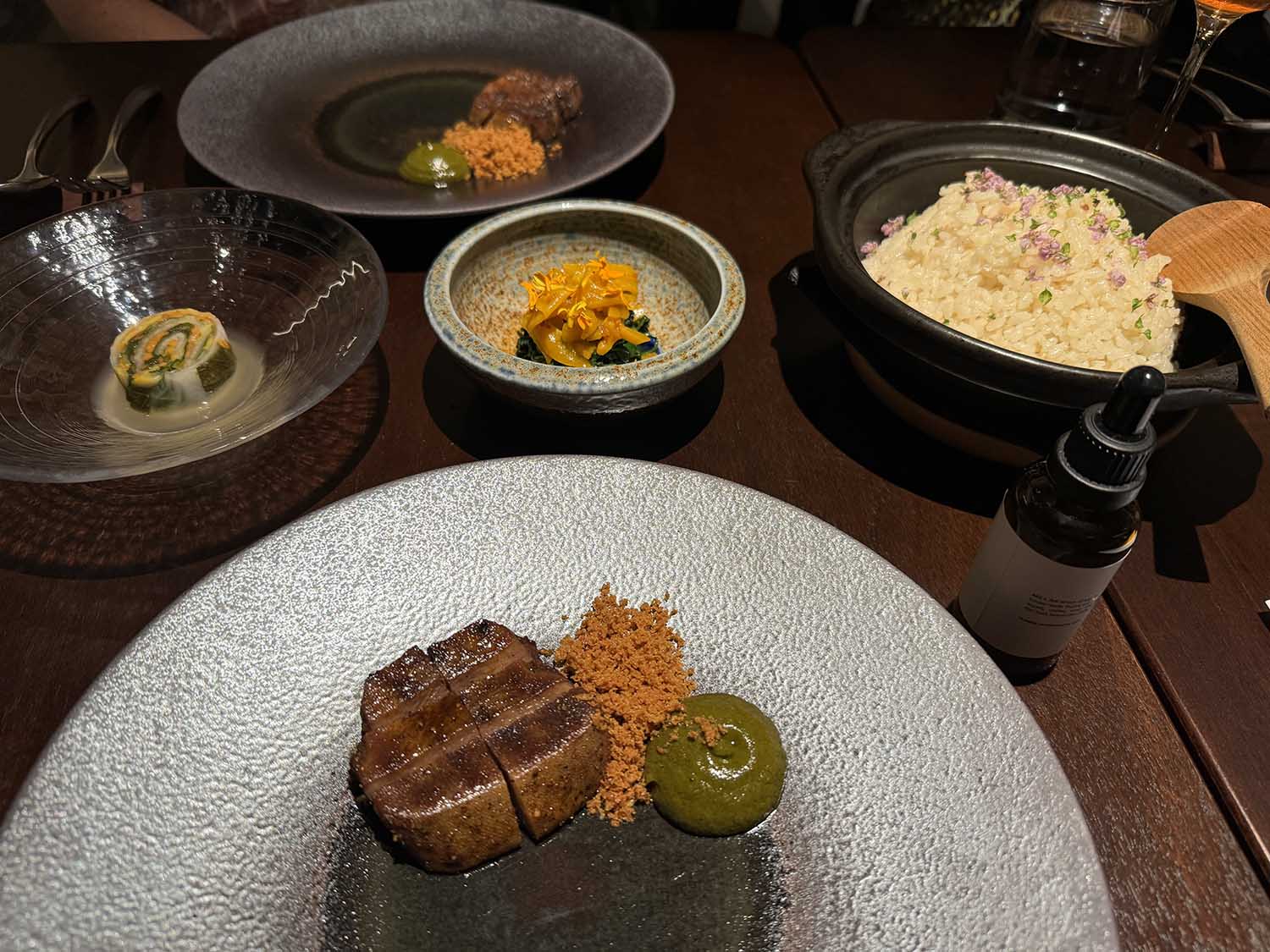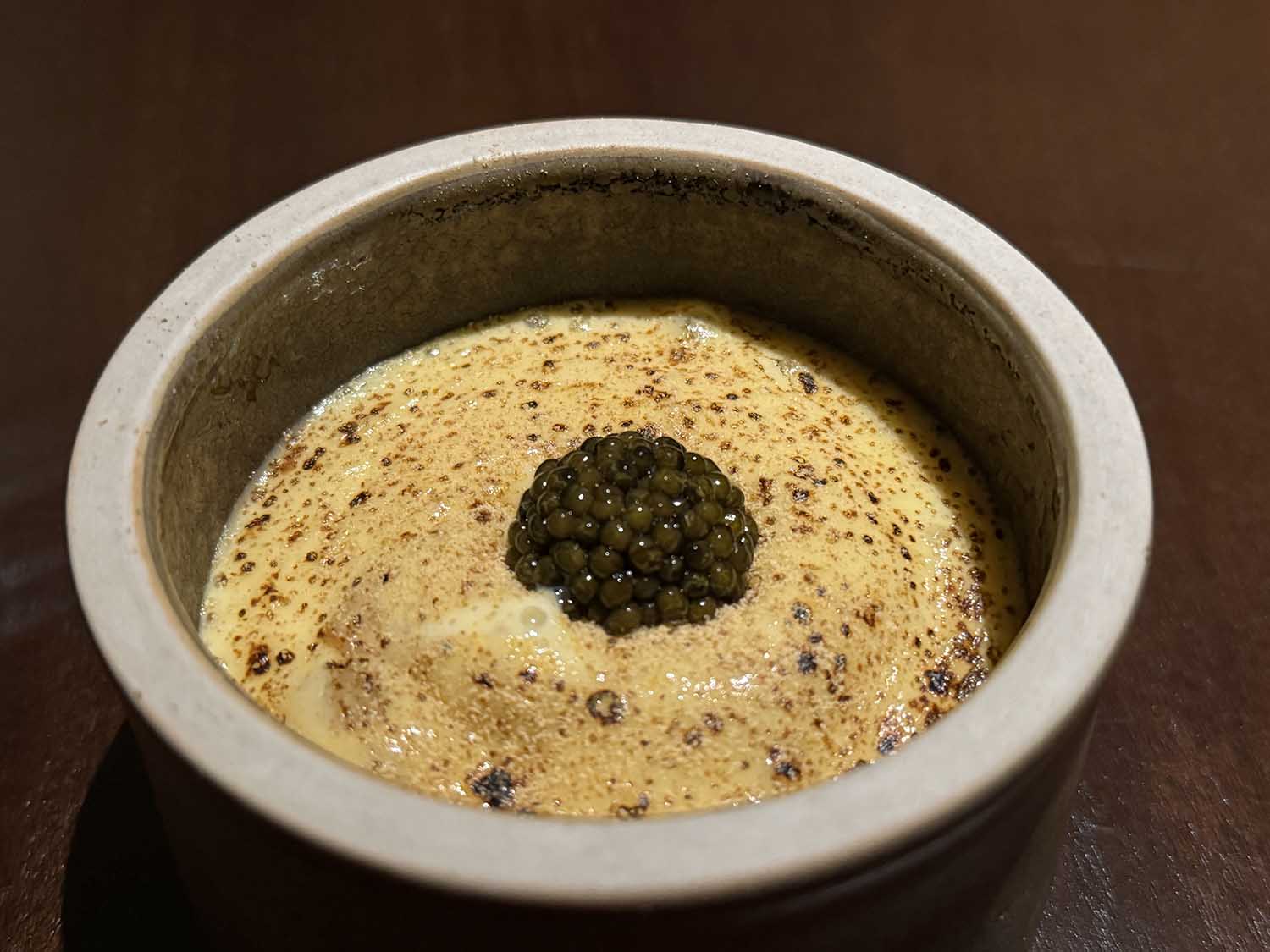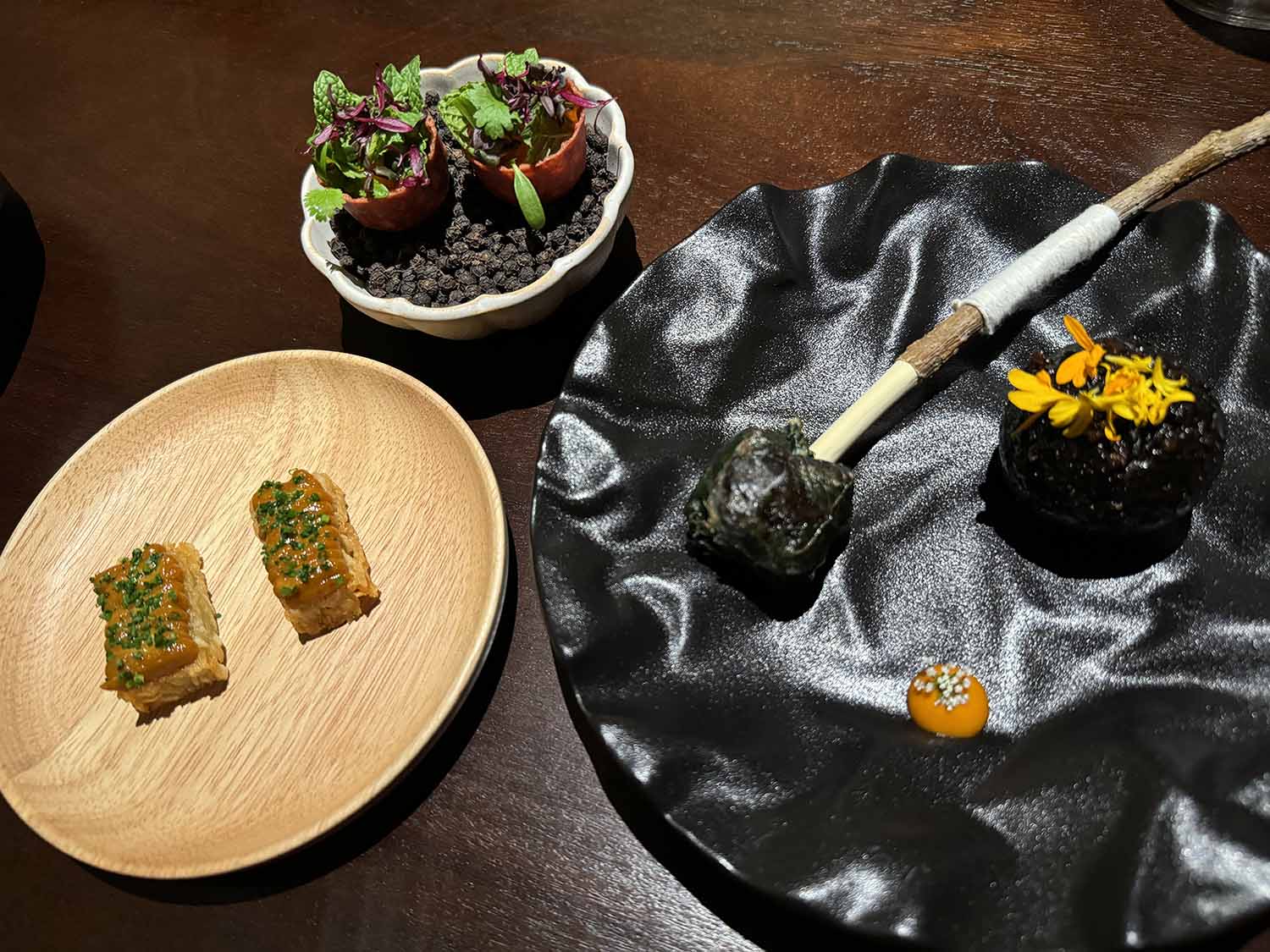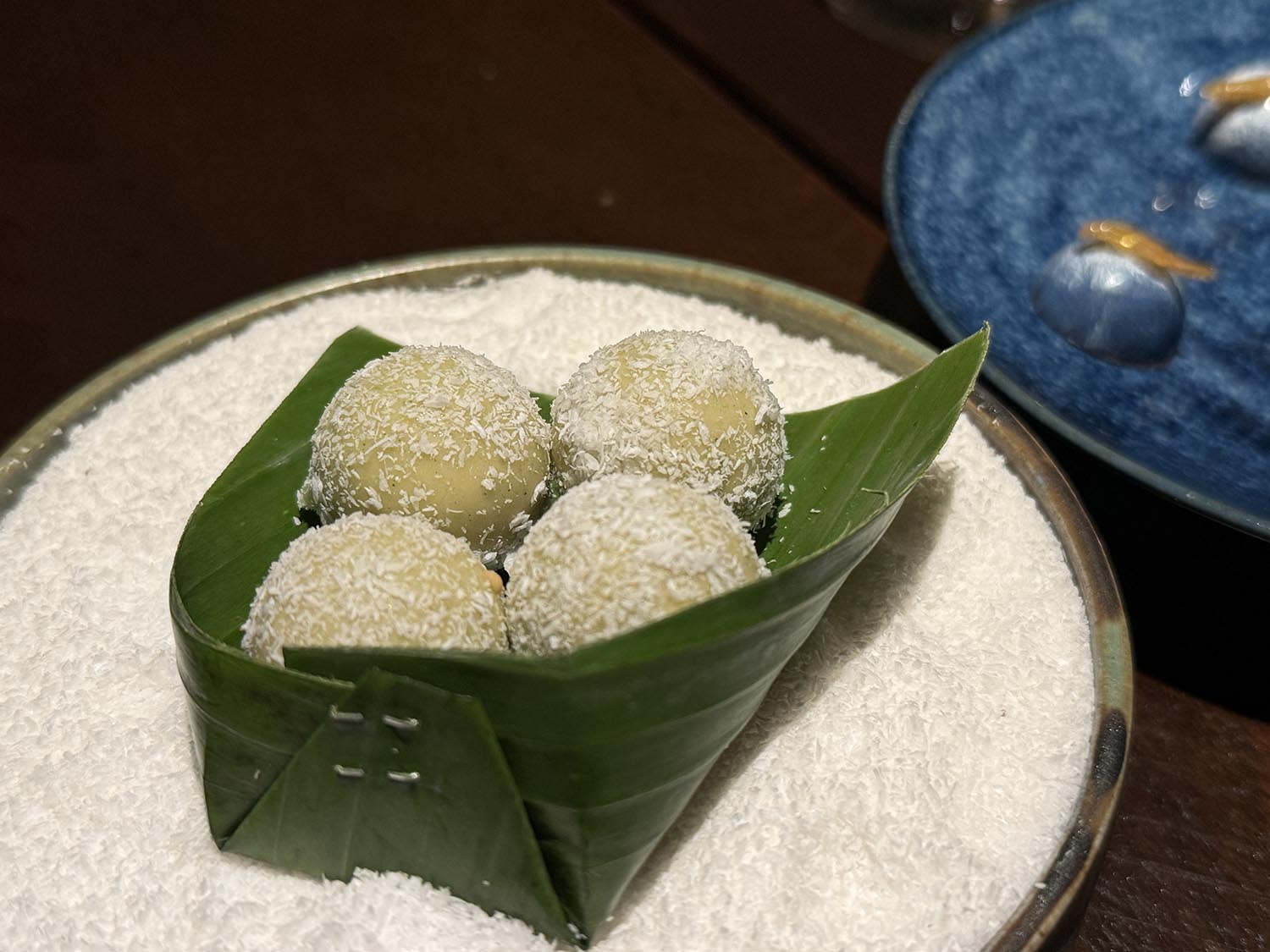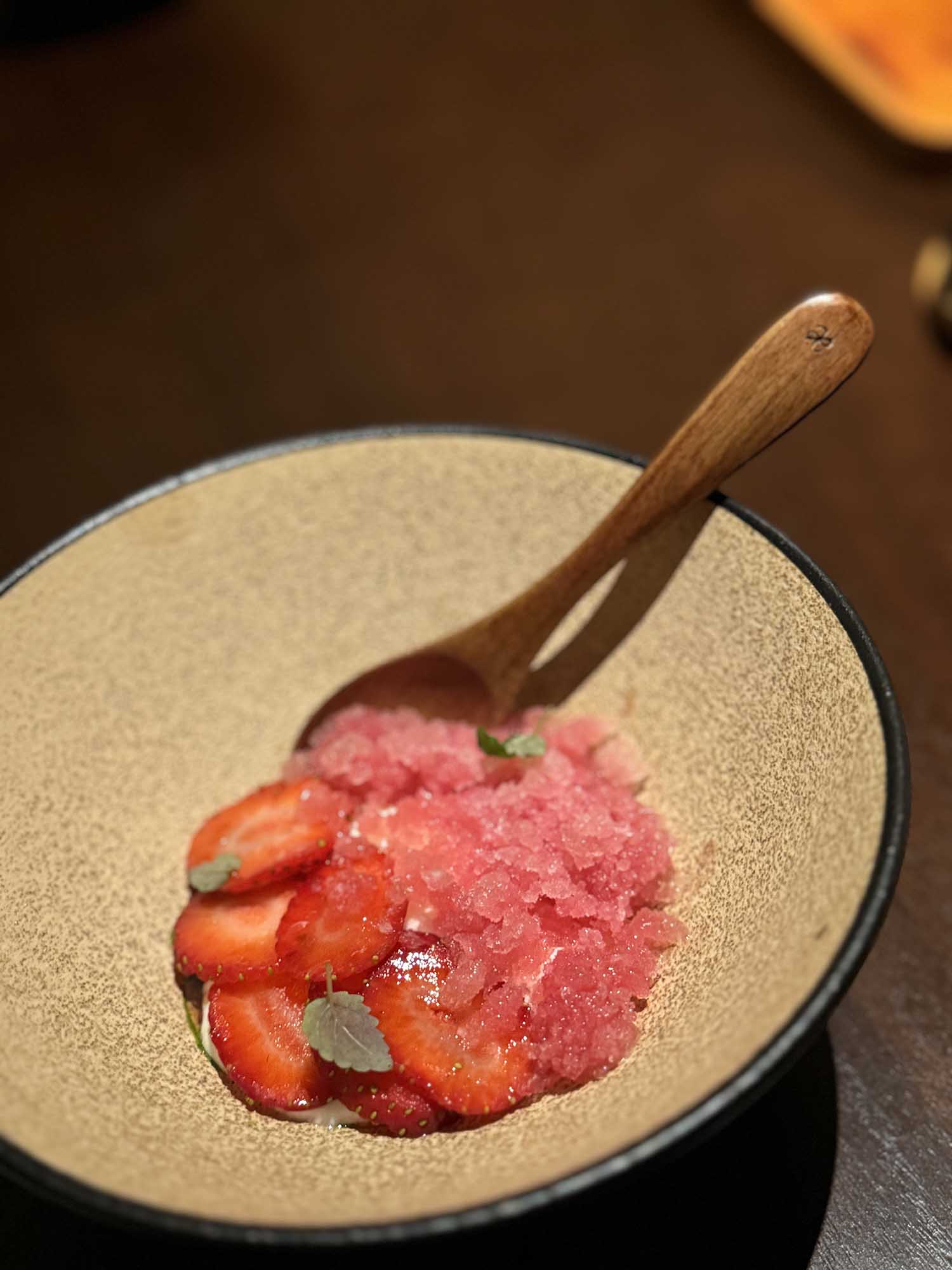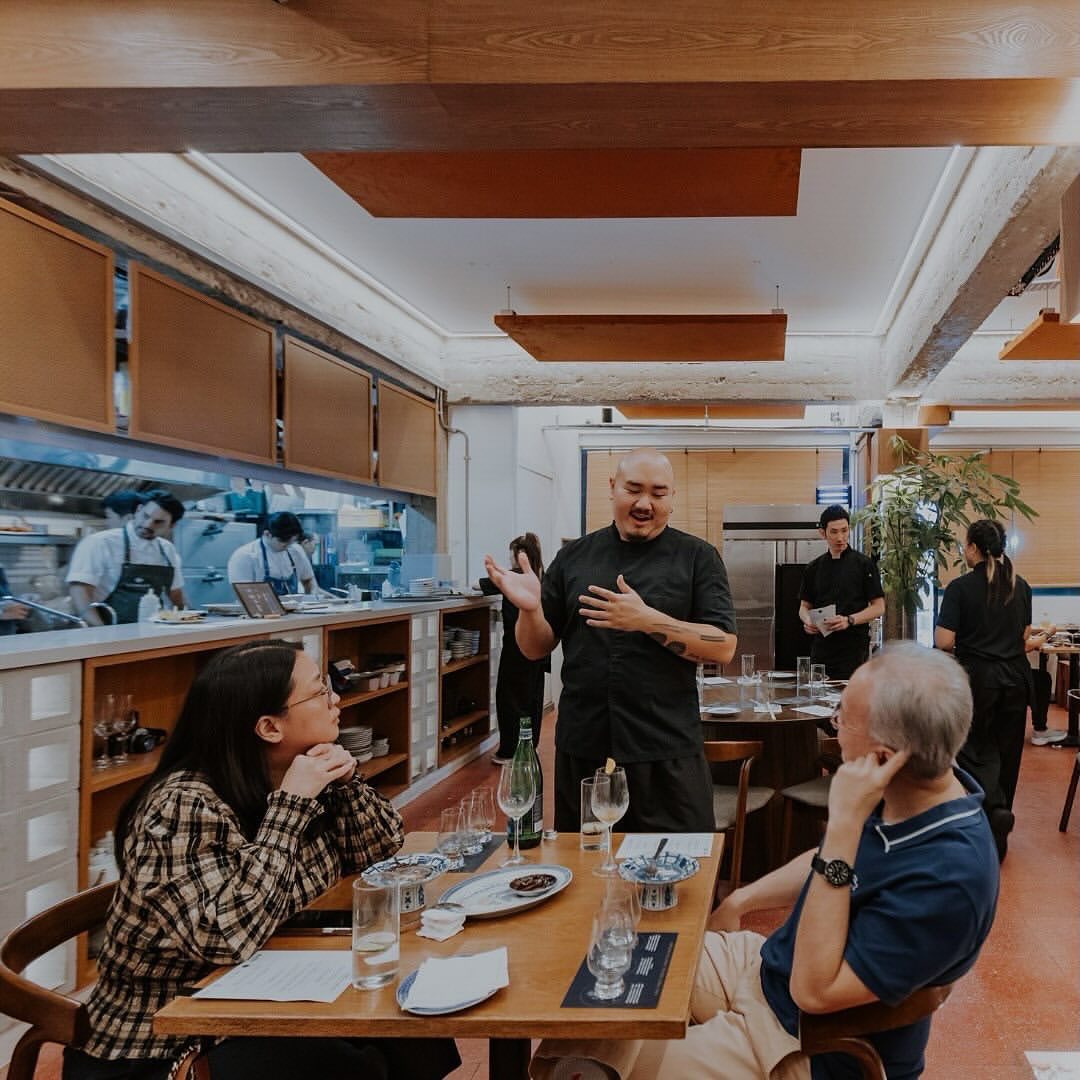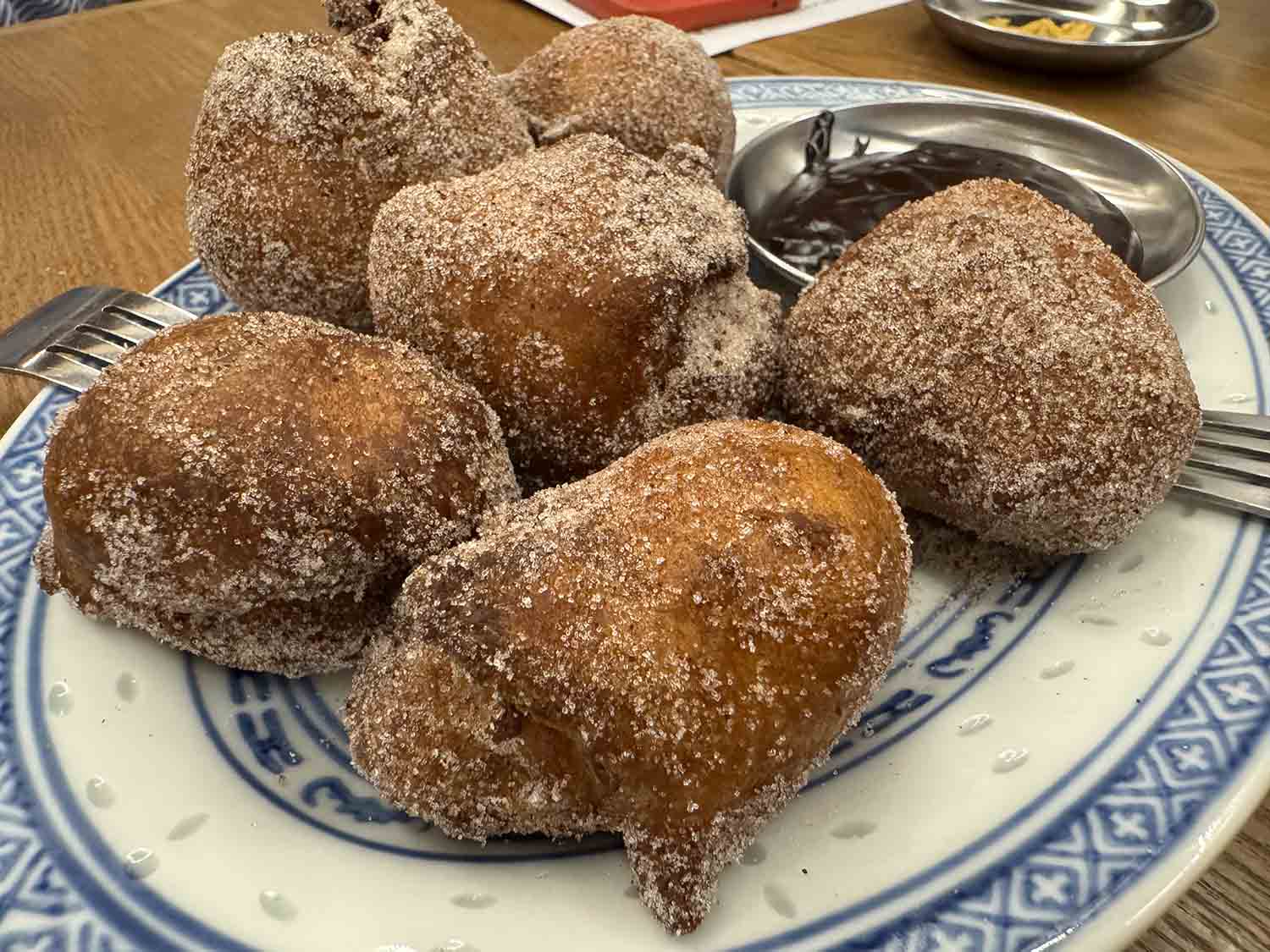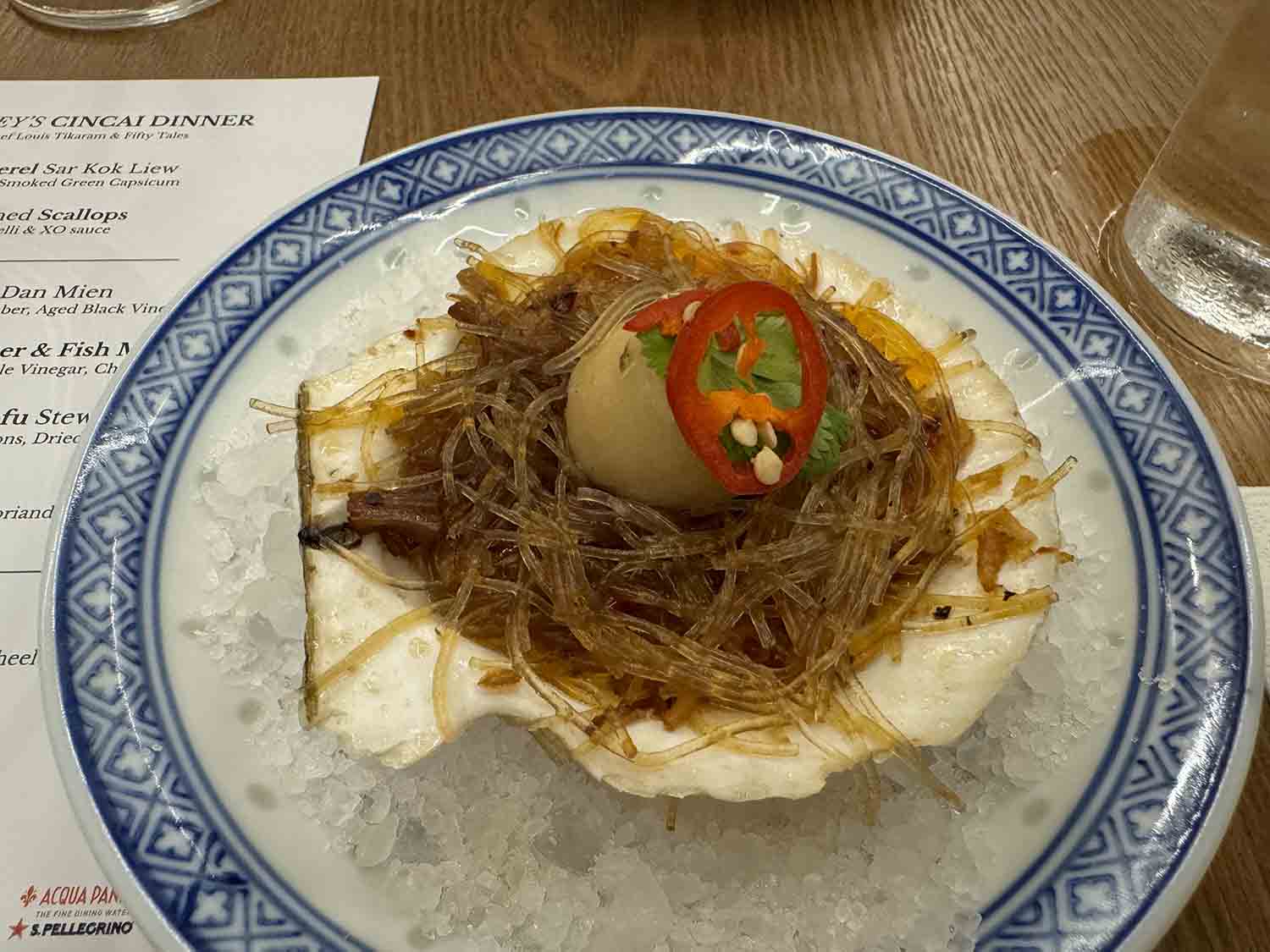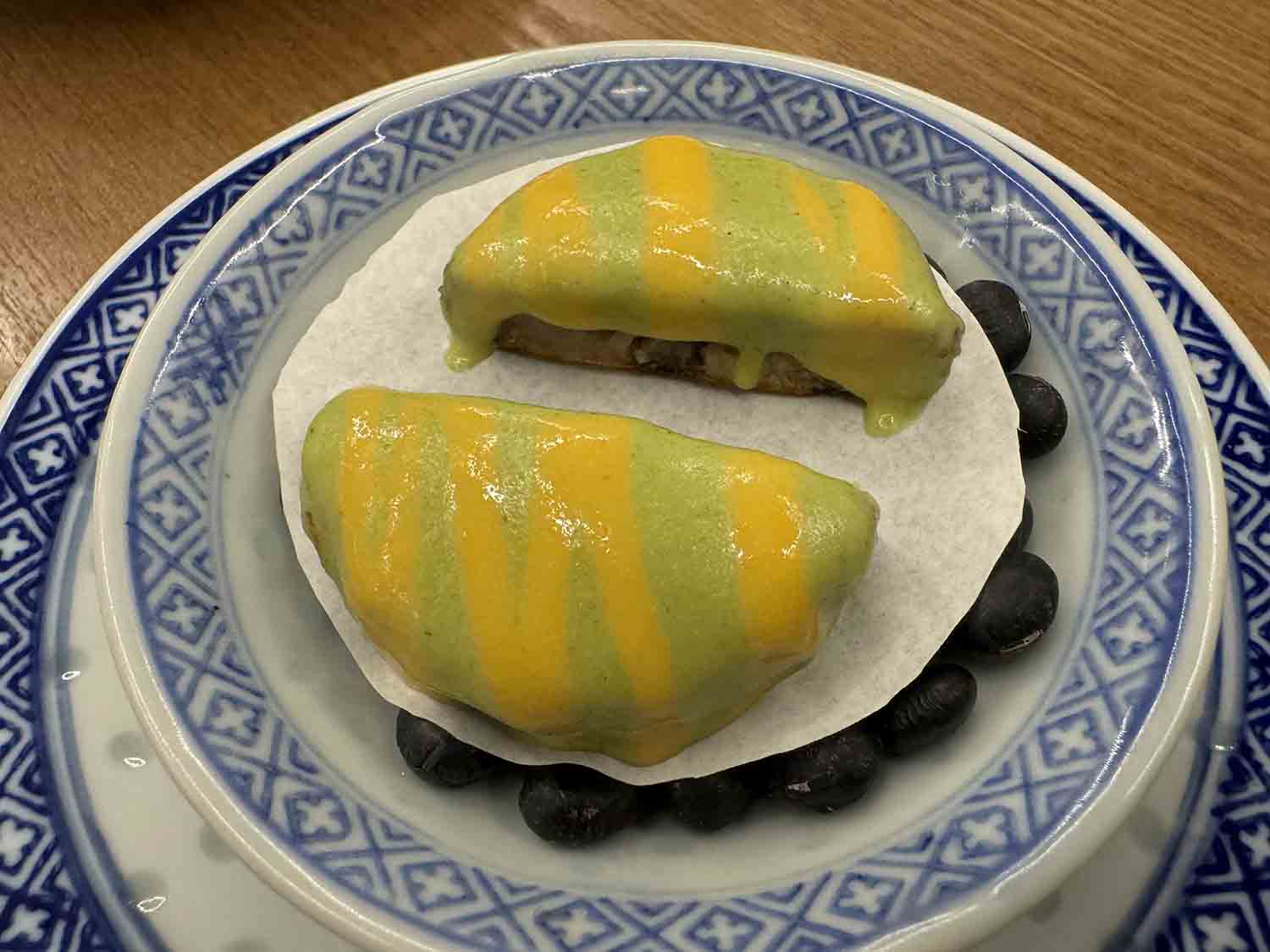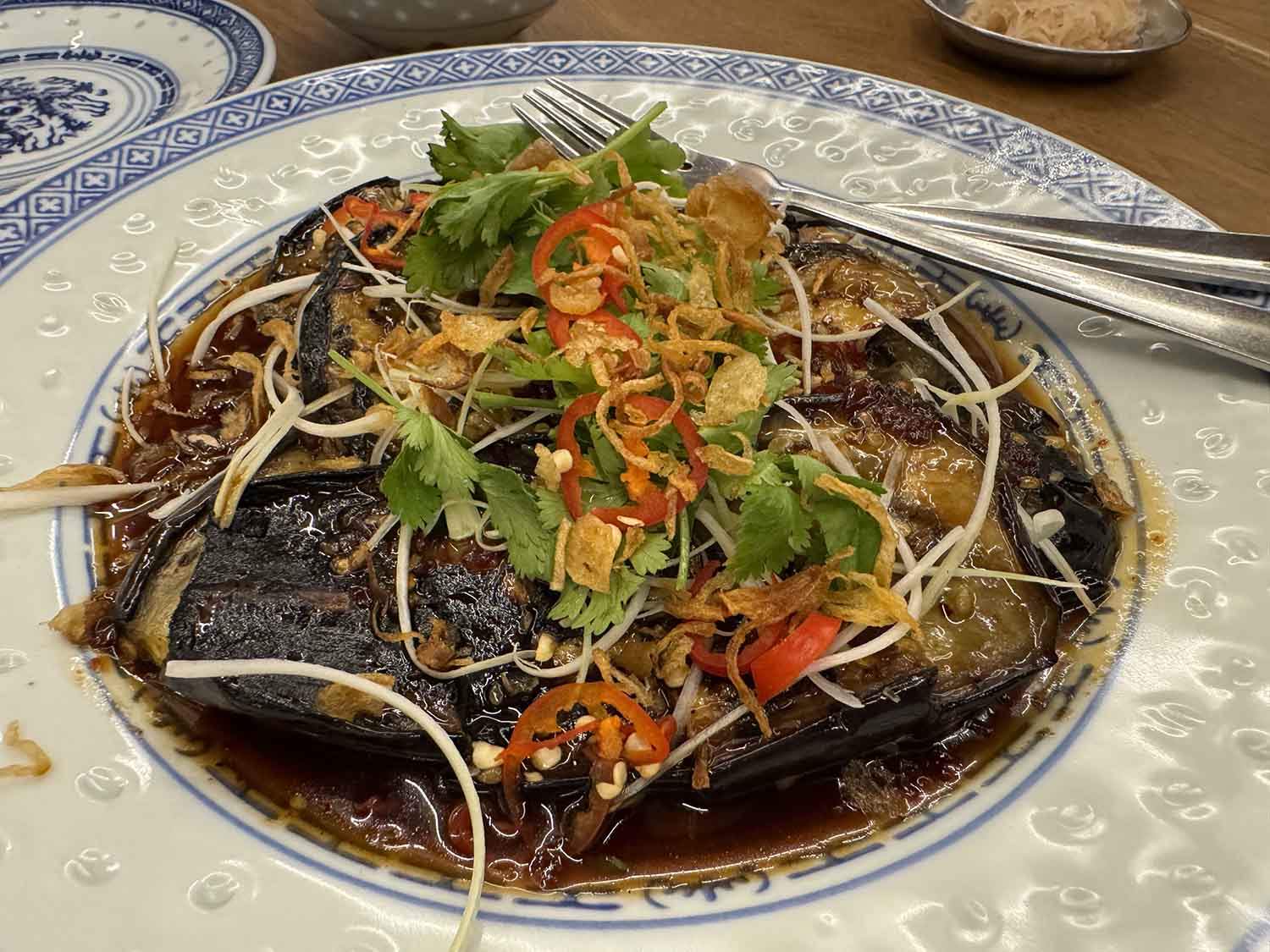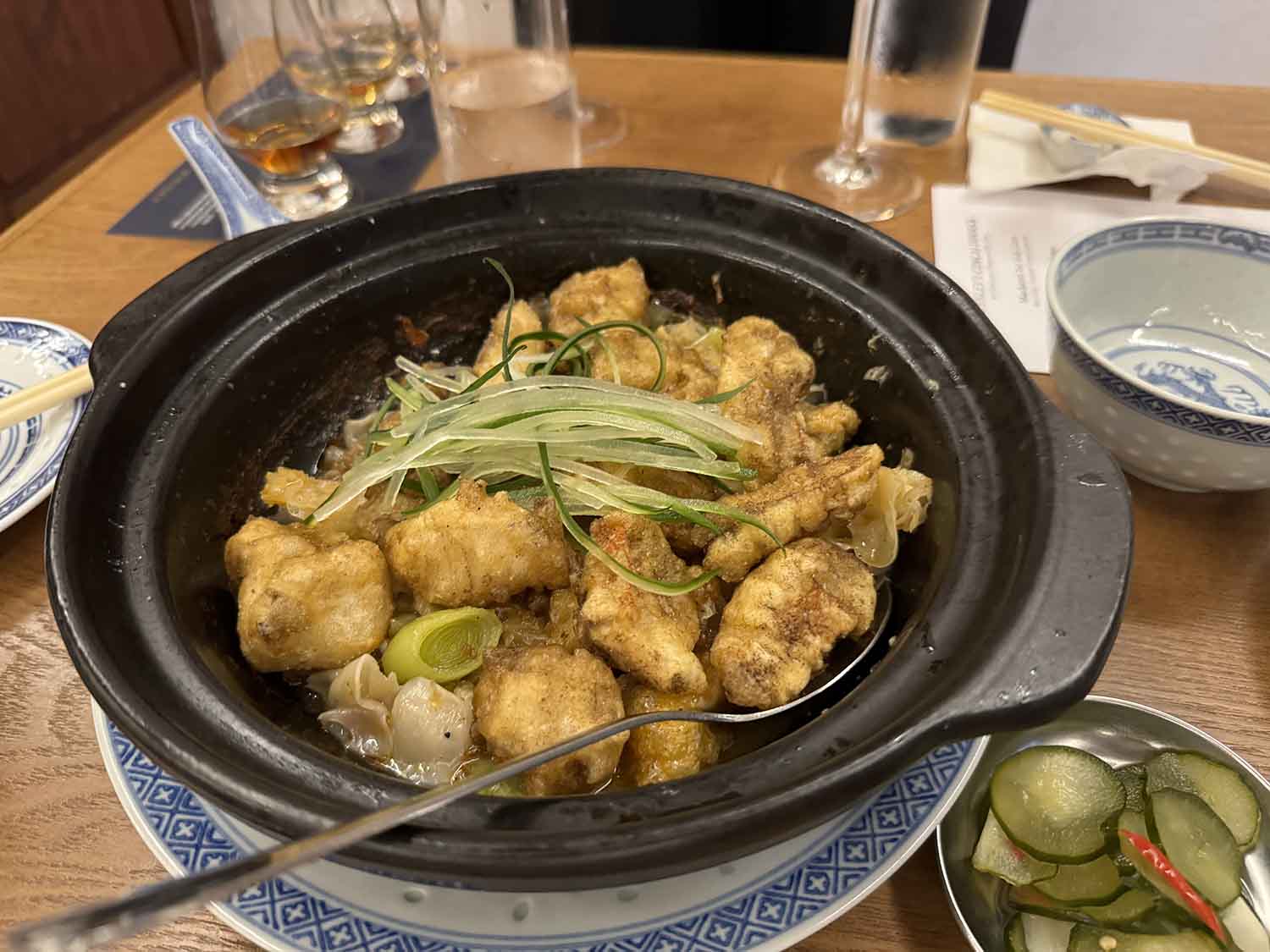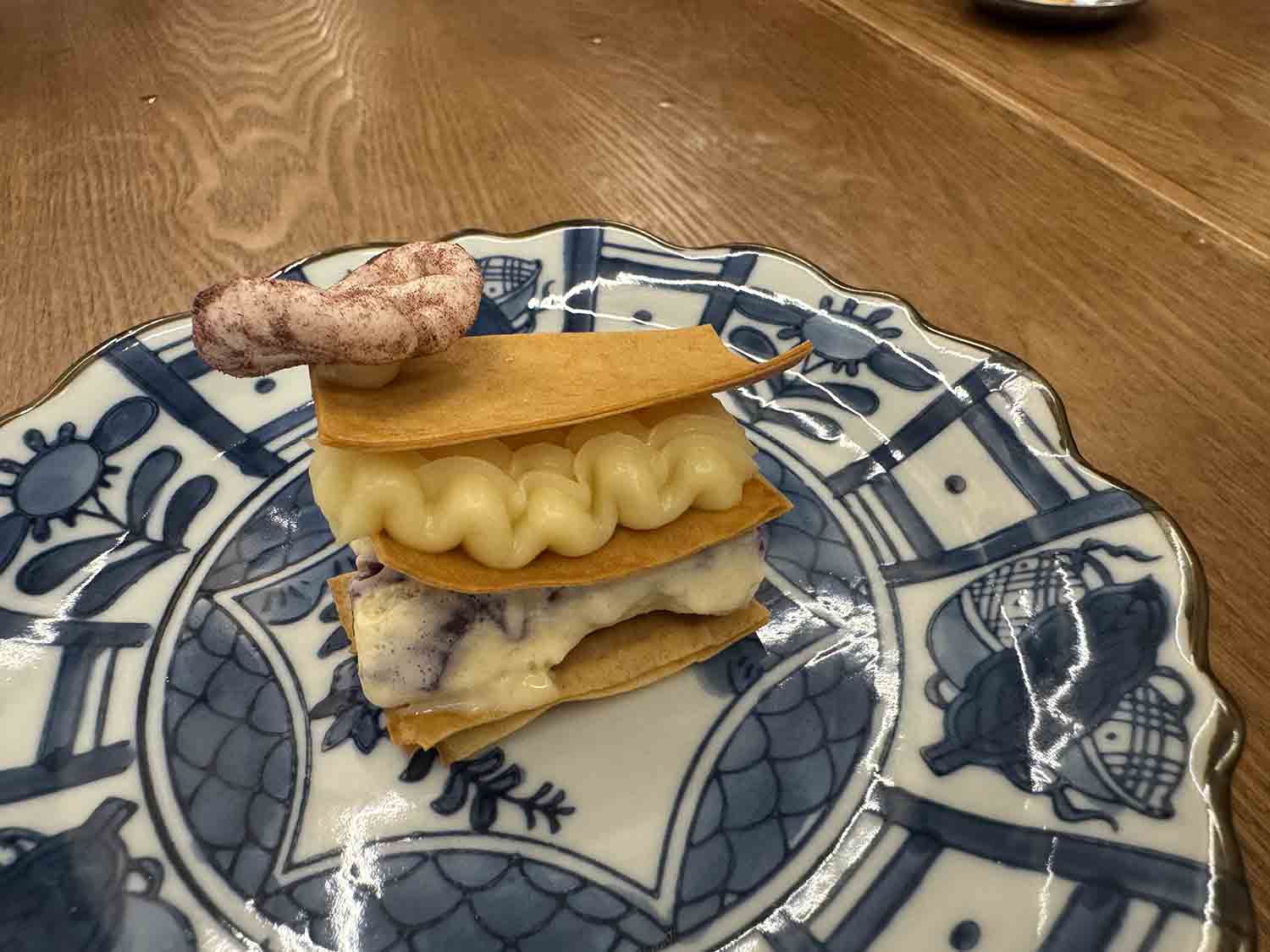KITA Food Festival: Bringing people together through a Southeast Asian foodie event in Kuala Lumpur
Despite its rich diversity and history, Asian cuisine often takes a backseat to Western food in many parts of the world. It can be attributed to various factors, including the globalization of Western food culture, the familiarity and comfort associated with its flavors, and the lack of exposure to authentic Asian cuisine in many regions.
However, there is a growing movement to explore Asian food in all its forms, as people recognize its unique flavors, cultural significance, and potential. Food, after all, is a universal language that bridges cultural divides.
“In the West, there were multiple industry-led festivals, Southeast Asia—or Asia for that matter—lagged on international restaurant lists. There was also very little that brought culinary people together to discuss issues facing them, or just have some fun,” food writer and co-founder of KITA Food Festival Leisa Tyler told PhilSTAR L!fe.
Tyler, chef Darren Teoh from Dewakan restaurant, and Adrian Yap of Tiffin Culinary and Freeform established the KITA Food Festival in 2021. They aimed to highlight Malaysian chefs and their use of local ingredients after recognizing that Malaysia's often overlooked culinary scene compared to its neighbors.
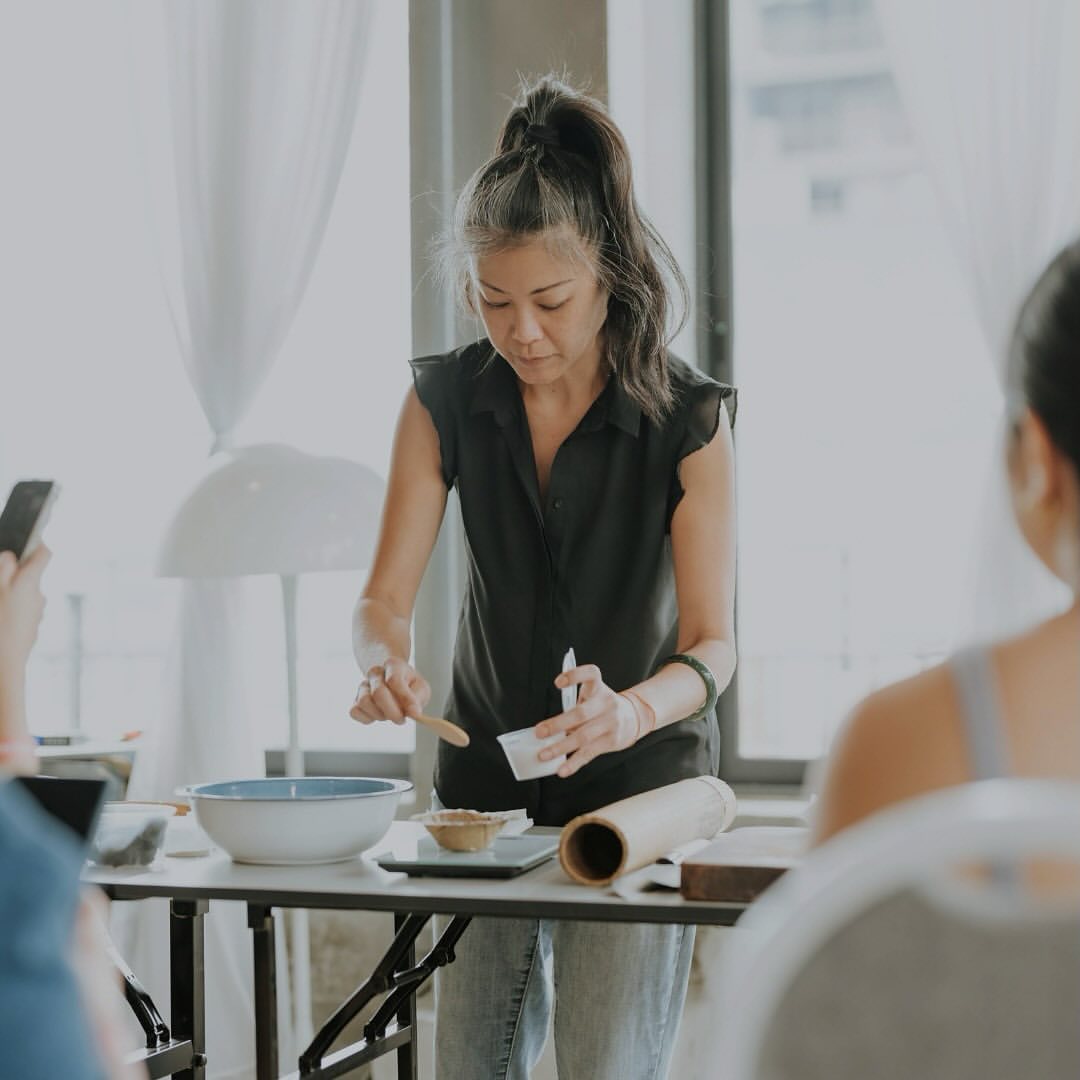
“Our primary goal was to help nurture the younger generation of F&B professionals and create a platform for discussing trends and the future of food. The sub-goals were multiple, but all revolved around elevating Southeast Asia's culinary scene, its chefs, front of house, and the myriad of industries that support it,” she said.
While the chefs and culinary people we brought in do have accolades, our focus was more on what they do as chefs and culinary leaders, and how that ties into our narrative.
In early September, KITA Food Festival headed to Kuala Lumpur for a five-day gathering of celebrated chefs and food innovators. The goal, Tyler said, was to highlight the chefs' unique perspectives and contributions to the culinary world.
“While the chefs and culinary people we brought in do have accolades, our focus was more on what they do as chefs and culinary leaders, and how that ties into our narrative,” Tyler said. “That brought a new perspective to the table, a richer fabric, so to speak.”
Igniting (food) conversations
The festival showcased a series of culinary events, including kitchen takeovers, four-hand dinners, masterclasses, a marketplace, and a culminating Sunday barbecue. A highlight was the KITA Conversations, which hosted thought-provoking discussions from industry leaders on pressing topics such as food sustainability, consumption, and responsible food practices.
“Both of us feel very, very strongly about the world that we live in. I cook for a living, Leisa grows vegetables for a living, and we are very strongly opinionated about the topic of food. But we also feel like there are many others, like-minded people, who are sitting here and who have also been presenting today. And we want to be able to have a bipartisan discussion and a non-partisan discussion about where we are going as a community and where we are going as a nation, and where we are going as citizens of this world,” Teoh said during the day-long symposium.
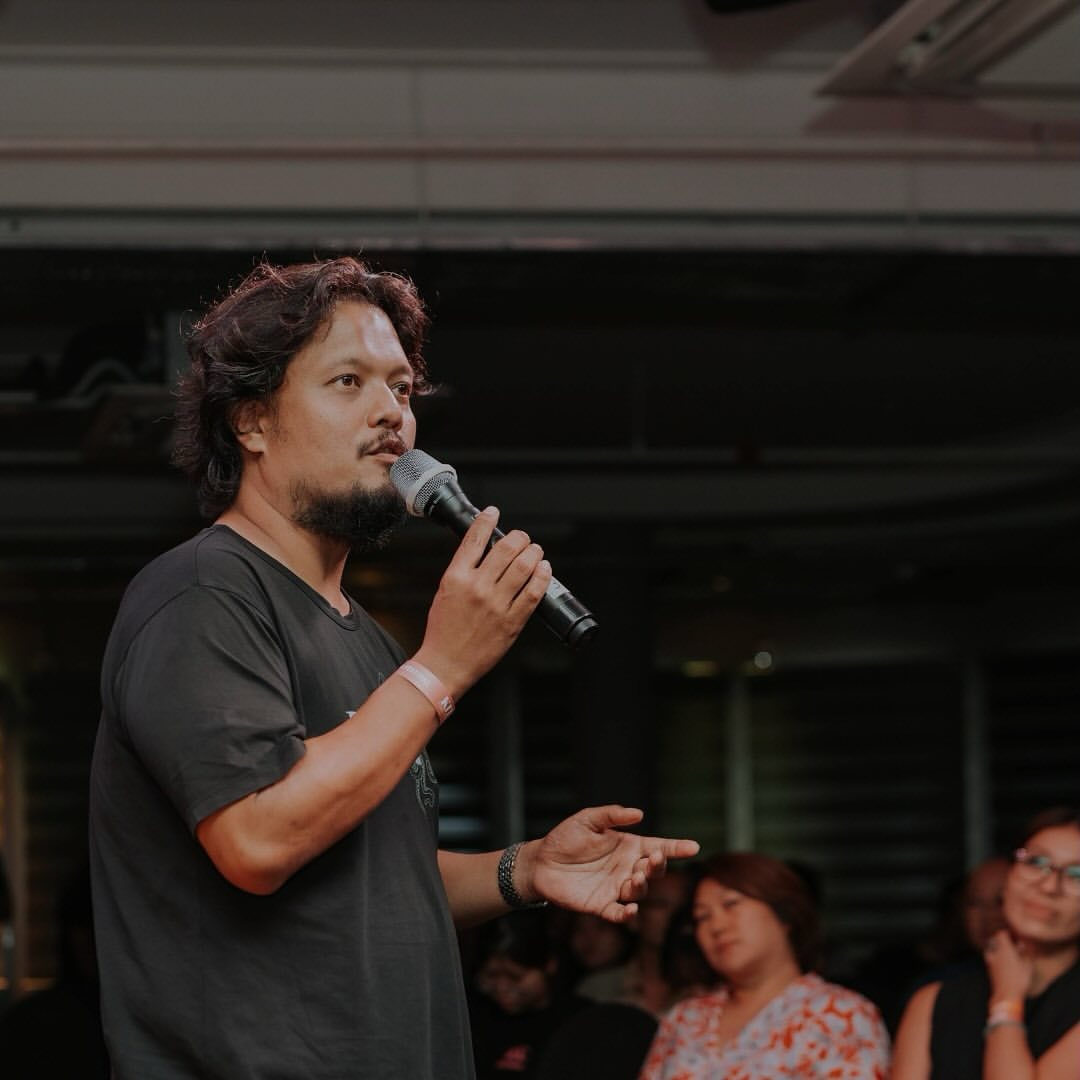
One of its speakers, Suzanne Ling, co-founded PichaEats to provide employment opportunities for refugees in Malaysia, where they are legally prohibited from working. Because of this, Ling—who was in college at that time—conceived the idea of launching a food business in 2016, selling one of her refugee students’ mother's dishes on campus.
“They (university students) told us that ‘I'm going to spend on food anyway, knowing that my spending goes to a family who actually needs the money.’ [It] gives them a sense of empowerment that my meal is actually rebuilding someone's life,” Ling said.
Meanwhile, Ben Delvin of Pipit restaurant in Pottsville, Australia showed how to make an artwork using squid ink. He also talked about the importance of establishing direct relationships with suppliers to ensure quality and reliability. Vanika Choudhary talked about ancient Indian fermentation techniques, while lecturer Dr. David Neo discussed the Peranakan food culture.
“The region has tremendous potential in terms of producing food and diverse and extremely good quality food. Too often chefs—and especially consumers—look to European and Western products for hero ingredients, whereas really they should be looking in their backyards,” said Tyler.
Bridging cultures
Chefs Aidan Low of Akar Dining and Hans Christian of August Jakarta joined forces for a special four-hand dinner at Akar Dining. “This collaboration is really interesting because both chefs come from what we call the Nusantara, which is the collective lands of Indonesia and Malaysia,” said Tyler. “And so they both have this passion for elevating the cuisines and the ingredients from their home countries.”
Some dishes include the Hashbrown Rendang, which Low paired with some kaffir lime zest; paiti, which is stuffed together with jicama and salted cabbage, seasoned with fermented pineapple sauce; Penang Gold Coin Oyster with latok; Wagyu Tongue with green apple sambal.
Chef Louis Tikaram of Stanley in Brisbane, Australia also took over Fifty Tales for a modern Cantonese dinner with his distinct Antipodean-global flair. He says the main goal of the dinner is to give guests a “unique (dining) experience.” Tikaram told L!fe, “Coming together, utilizing unique produce, and creating dishes that I think or even not even the dish, but the whole experience and the balance of the menu that’s something they might not ever get again.”
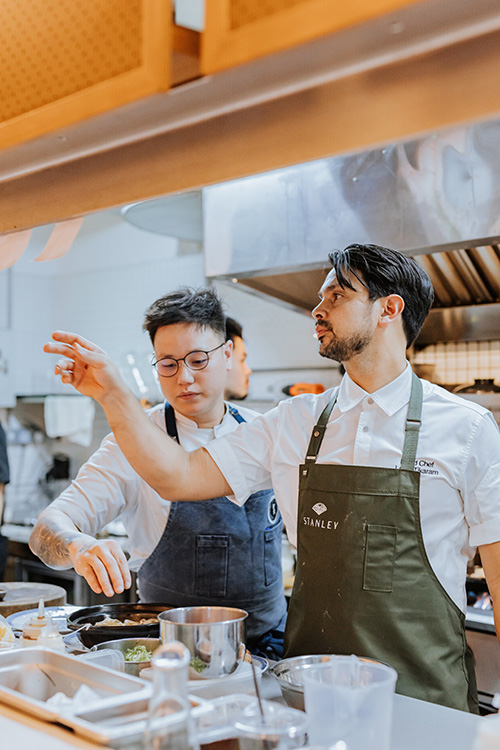
He is offering modern Asian food, combining traditional flavors with innovative techniques and a focus on sustainability. Some items that he prepared are Mackerel Sar Kok Liew, Steamed Scallops, Claypot Grouper & Fish Maw, and Sarawak Pepper Tofu Stew.
“We seek to tell stories and highlight issues in our dining series,” Tyler said. “For example, we had Ben Devlin from Pipit in NSW at Else Hotel who cooked a multi-course meal with basically a fish, a squid, a cabbage and some other bits of vegetables. Every part of every item was used. The message was utilization; stretching food to use all parts.”
That same evening, Prin Polsuk from Samrun Samrub in Thailand cooked a casual dinner that had an underlying story looking at food security in Southern Thailand.
“Both were different but relevant and unique perspectives with depth, that I'm confident won't get stale very soon,” the KITA co-founder said.
Inspiring a new generation of chefs and foodies
The festival aims to bring people together through food, as kita means 'we' in Malay. Tyler explained, “We also feel that KITA dining events should be accessible to a lot more people… We want it to be inclusive, a bit raucous, but easy on the wallet.”
For Tikaram, experiences like these are the driving force behind his passion for the restaurant industry. He said, “These kinds of experiences are what keeps me pushing so hard in the restaurant. To be invited to different festivals and to make new friends all around the world is like a dream come true.”
With the success of the Kuala Lumpur edition, the KITA Food Festival announced that it will be heading back to Singapore in March 2025. Aside from themed dinners, they will host a seminar on the future of food with Singapore data research company Synthesis, looking at how and what we may be eating 10 or 20 years from now.
“We hope to attract food lovers from across Southeast Asia to come and enjoy—most definitely including all the food lovers in the Philippines!” exclaimed Tyler.


